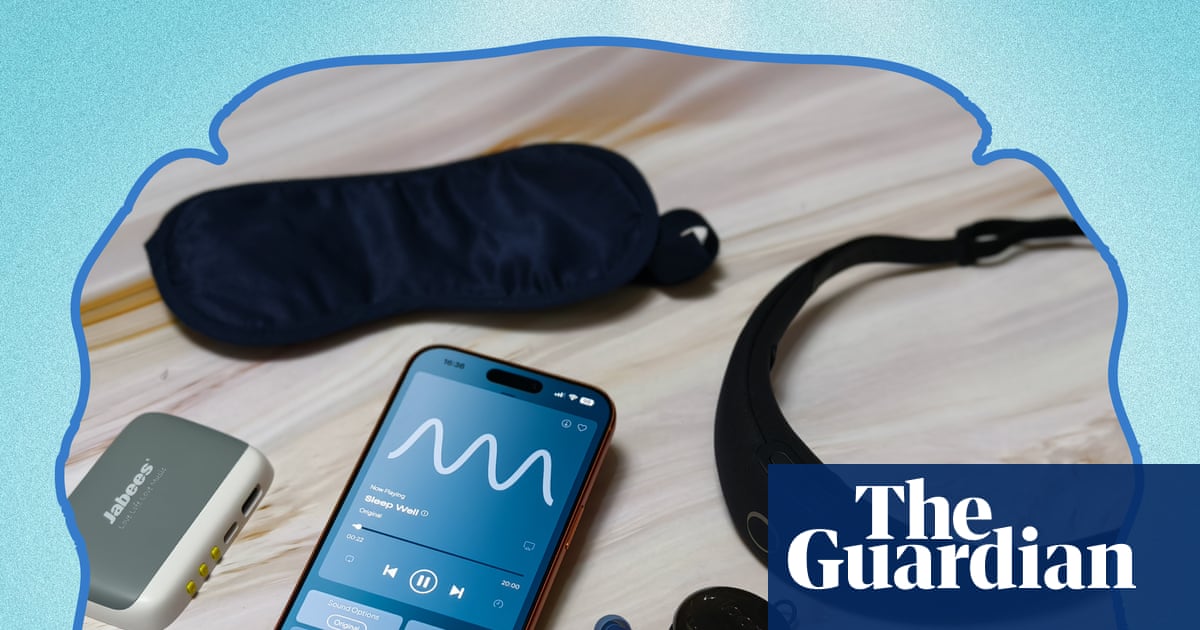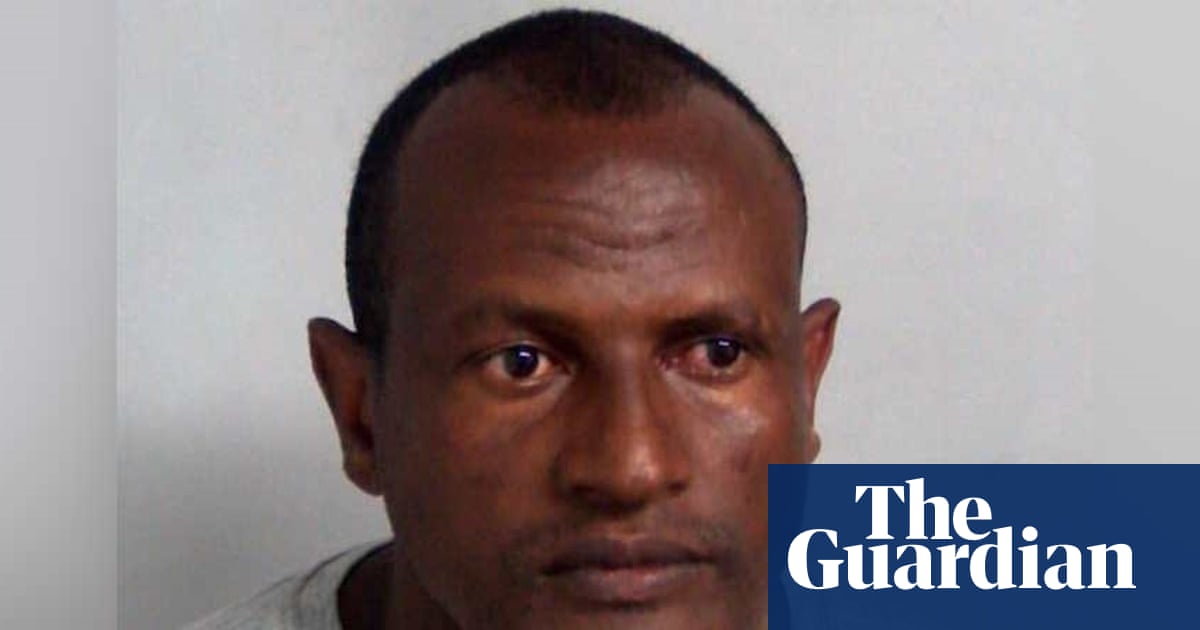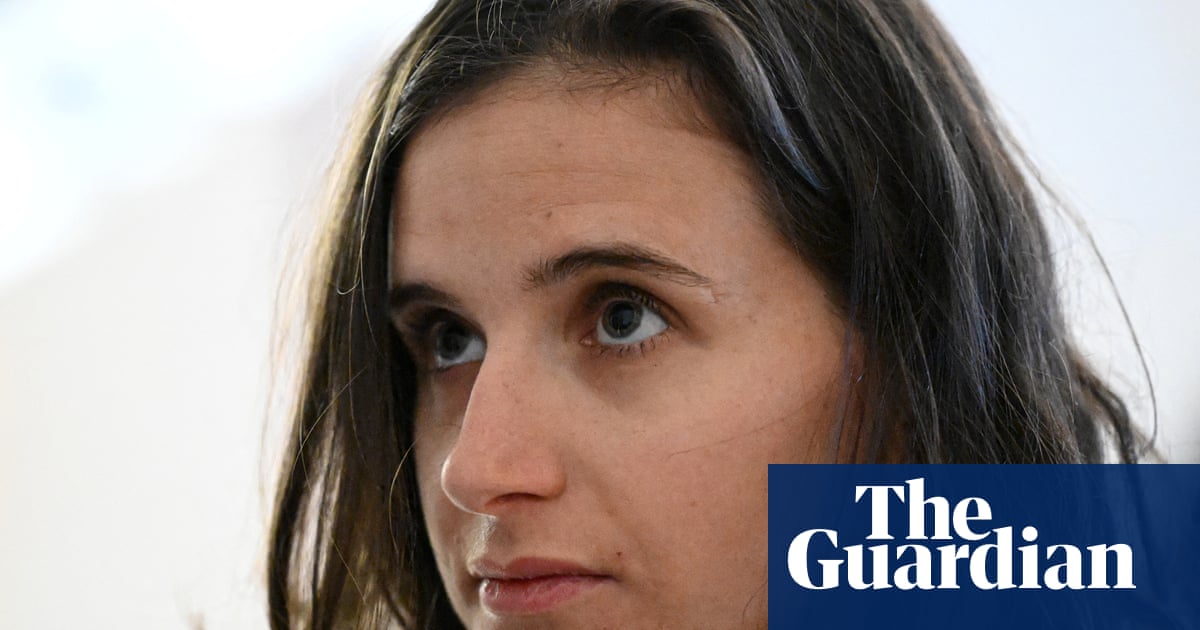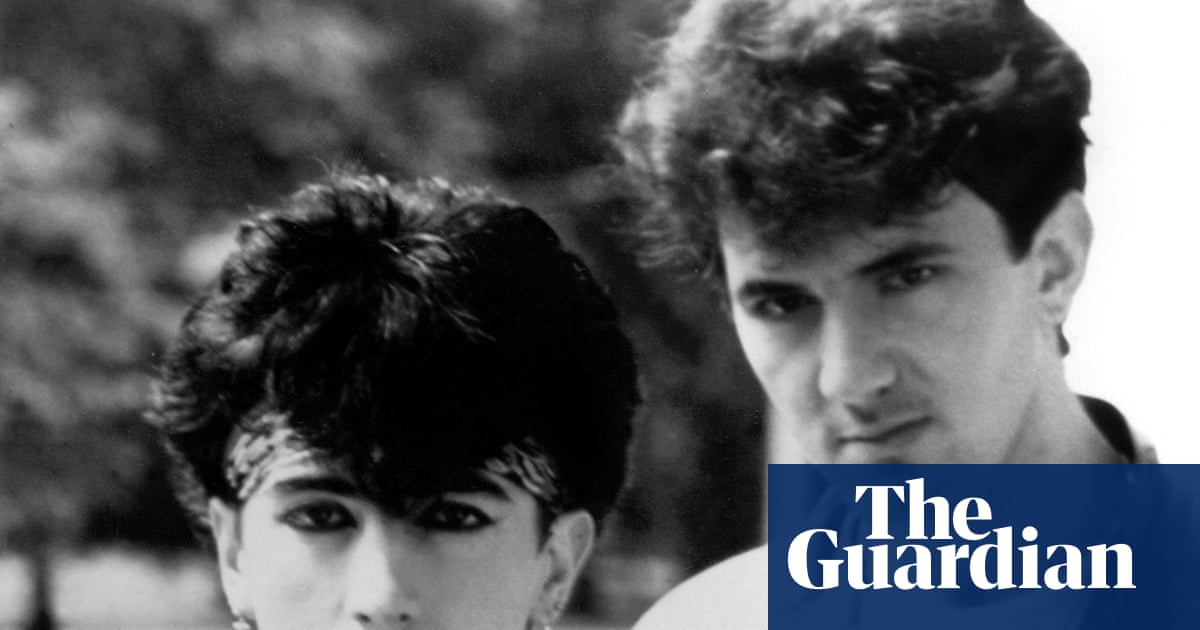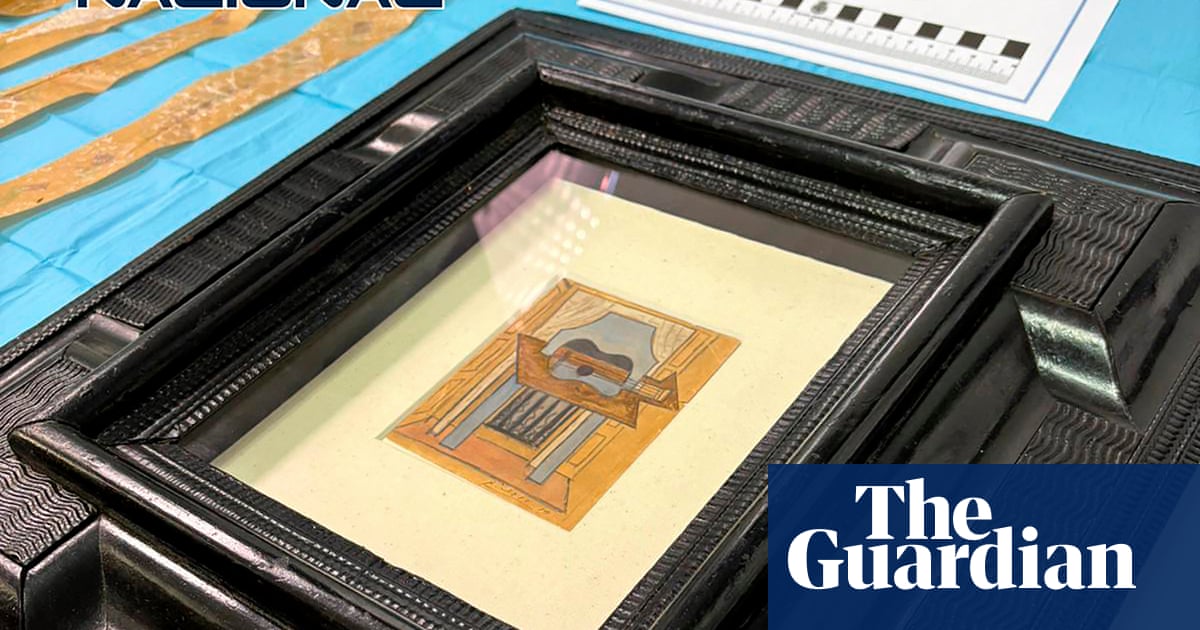How do you sleep at night? If you’re like Hannah, a recent subject of the Guardian’s My cultural awakening column, it’s to the sound of a rat whisking eggs. The series shares stories of people who made a significant life change thanks to a piece of popular culture, and in the case of Hannah, that meant curing insomnia by watching Ratatouille. Every night for the last 15 years, at home or abroad, she switches on the Pixar classic and, within minutes, finds herself dropping off, thanks to the film’s comforting, consistent soundscape. It’s so effective, in fact, she’s never even seen it all the way through.
Hannah’s might be a bit of an extreme example, but her tale does touch on something universal: culture seems to play an increasingly important role these days in helping people nod off. Head over to Spotify, Apple Music or any of the other music streaming sites and you’ll find endless playlists promising to ease you into a deep sleep. You’ll find similar on the BBC’s radio stations: 6Music’s Dream Time, a late-night audio mix from DJ Zakia Sewell; Radio 1’s Deep Sleepscapes, which repurposes audio footage from the Beeb’s nature programming; or The Sleeping Forecast, which splices ambient and classical music with snippets from the shipping forecast. That latter series comes from Radio 3 Unwind, a new sister station to Radio 3 designed to “enhance wellbeing”, so naturally encouraging a good night’s sleep is central to a lot of their programming. There’s an entire sub-category of podcasting to send you under, too: series like Nothing Much Happens, which offers storytelling that is interesting enough to hold your attention but pitched at an intensity that won’t keep you gripped and wakeful.
While audio might be a natural accompaniment to zonking off, screen-based culture is usually dissuaded by proponents of “sleep hygiene”. Still, as someone who regularly dozes off in front of the box, no matter how well-made and enjoyable the thing on it is, I can confirm that film and television can be of great assistance in conking out, too. And of course, “reading a few pages of a book before inevitably nodding off” has been a tried and trusted sleep aid for centuries.
With all that in mind we thought it was a fine time to ask experts across TV, music, literature, podcasts and film about what culture they use to send themselves to sleep. Not out of boredom, we should add: these are all legitimately things they enjoy. So hopefully they prove suitably soporific for the insomniacs, and something good to check out for everyone else.
TV
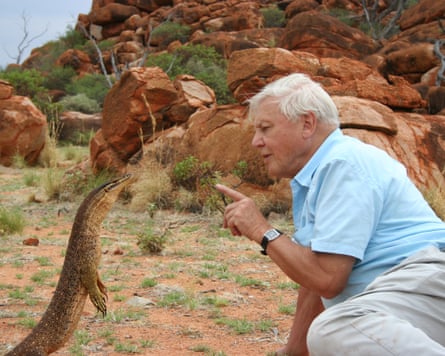
There’s a precise sweet spot to insomnia-banishing TV. Firstly, a show shouldn’t be inherently boring; on some level, it needs to be something you’d watch anyway. But it also shouldn’t have an excess of narrative drive – after all, you’ll soon be drifting in and out of consciousness. And finally, the show must be tonally consistent and visually and sonically soothing.
On all of these criteria, BBC nature documentaries score highly. The quality is guaranteed; the format is gently episodic; and the tone, underwritten by long-established grandfather to the nation, David Attenborough, is hot chocolate for the subconscious. As a bonus feature, it’s easy to forget the underlying strangeness of nature. But if you drift off to sleep absorbing footage of bioluminescent marine creatures, billowing clouds of underwater snow and self-cloning crayfish, chances are you’ll have some captivating, borderline-psychedelic dreams. Phil Harrison, TV writer and author of The Age of Static: How TV Explains Modern Britain
Books
As an on-off insomniac, I am addicted to sleep hypnosis recordings. Because these invariably guide you to imagine yourself chilling by the ocean, anything water-themed is now sleep-inducing to me. So one of my favourite bedtime reads is Earth Prayers, a 2024 anthology edited by Carol Ann Duffy, for its hypnotic poems on water and the sea. We have Raymond Carver celebrating rivers; elsewhere, former Makar Kathleen Jamie writes from the perspective of the river Clyde, which describes itself, soporifically, as a “long level / liquid ear gliding slowly by”, listening to the “world’s words”. In Don Paterson’s Parallax, the moon lays “silent on the sea / as on a polished shelf”.
Such tranquilising descriptions appear throughout these poems on flowers, animals, and the sky at night. Poetry is, in general, my favourite format to read in bed – wavelike in itself, it feels like the easiest format to dip into when you’re exhausted, the strongest competition against the all-too-seductive bedtime doomscroll. Ella Creamer, Guardian commissioning editor, books and writer of our Bookmarks newsletter
Music
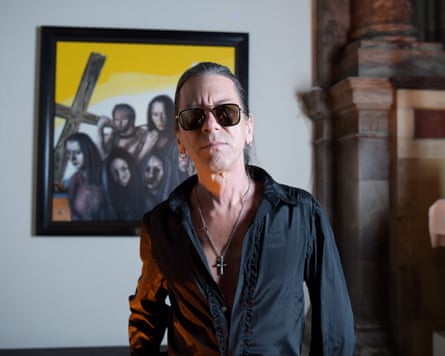
The only time I ever listen to music to go to sleep is on a plane – and always the same record, to induce a sort of Pavlovian surrender. On one hand, William Basinski’s The Disintegration Loops makes perfect sense in that setting. The collection repeats the same orchestral motifs, which lends focus to my wayward mind. The loop gets quieter over the course of the first track’s 63-minute run time, which encourages my brain to wind down, and becomes less obtrusive as sleep hopefully comes on.
On the other hand, Basinski completed recording in New York City on 11 September 2001, the album cover features smoke from the twin towers, and he dedicated the album to the victims of the 9/11 attacks. It’s probably the least appropriate thing you could listen to in order to relax while airborne. Works, though. Laura Snapes, Guardian deputy music editor
after newsletter promotion
Podcasts
Seal! Nine Inch Nails! Solange! Lady Gaga! Over the past 11 years, silken-voiced Hrishikesh Hirway has snagged a glut of heavyweights from across the musical spectrum to dissect their hits on his show Song Exploder, unveiling near-unrecognisable demos and coming clean about their quirky behind-the-scenes habits (among them, Rivers Cuomo’s sprawling spreadsheet for Weezer song lyrics, organised by number of syllables).
With over 300 episodes, the chances of Hirway having exploded your favourite tune are high, and he’s even covered soundtracks including Severance and Dune. Between our hosts’ silken tones and some of pop’s brightest minds going deep into the teeniest details of their work, I defy you not to be thoroughly mellowed-out. Just don’t pop John Carpenter’s Halloween episode on before bed. Hannah J Davies, Guardian podcast critic
Film
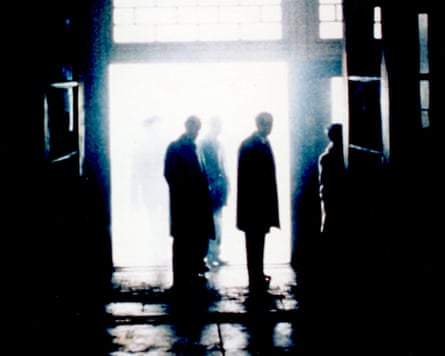
A few years ago, I went to a small stuffy basement room in a cinema to watch a screening of Hirokazu Koreeda’s 1998 film After Life. It was shortly after his 2018 film Shoplifters was released. I, like many others, loved its twisty story about a family where not everything is as it seems. After Life was a different beast. The supernatural story, set in a countryside house that functions as a purgatory of sorts, follows a group of recently deceased people trying to move on.
It is, like Koreeda’s other films, beautifully shot, emotionally acute, and full of thoughtful reflections on what it means to be human. It is also perhaps one of the most gentlest things I’ve seen. Full disclosure: I myself didn’t fall asleep, though my boyfriend struggled to stay awake at times. With its unhurried pace, mesmerising cinematography, hushed dialogue and total absence of any sense of danger or melodrama, I could see why. Rebecca Liu, Guardian commissioning editor and film writer
If you want to read the complete version of this newsletter please subscribe to receive The Guide in your inbox every Friday
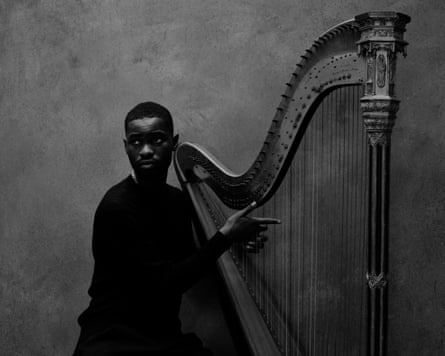
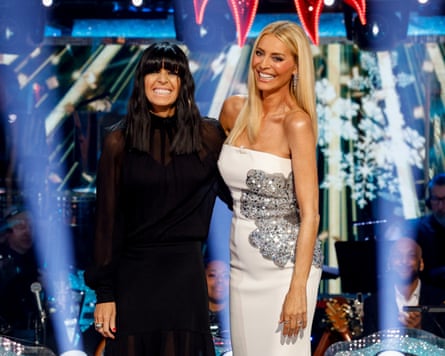

.png) 4 hours ago
4
4 hours ago
4


